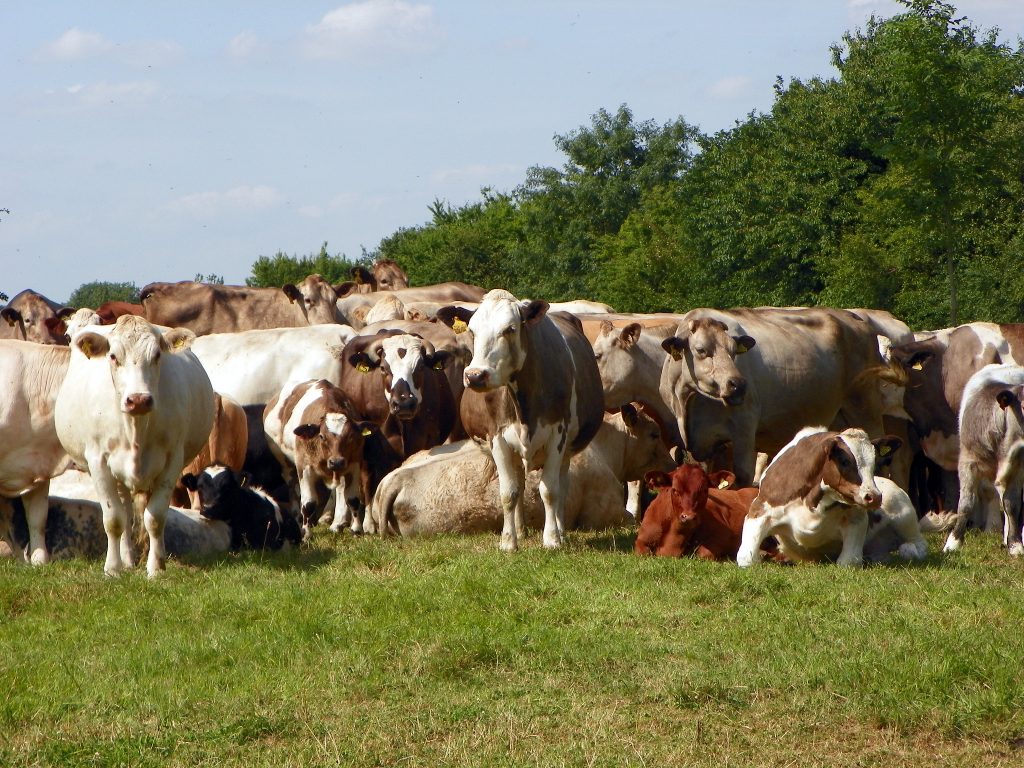
After the soaring cost of rent and gasoline, Quebecers and Canadians have noticed a sharp increase in the cost of food since last year. Workers are not out of the woods yet: we can now expect another five to seven per cent increase in food prices over the course of the year.
Bourgeois experts explain inflation by the supply problems linked to the pandemic, the high cost of oil, and the shortage of labor. We also understand that the massive printing of money by governments during the pandemic had the effect of reducing the value of each dollar, contributing to inflation. But it also appears that some businesses are taking advantage of the general inflationary environment to artificially inflate their prices. For example, large grocers such as Metro and Empire have posted record profits in the past two years.
A recent lawsuit highlights the scheming of slaughterhouse operators in this regard. According to Statistics Canada, the price of beef increased by 16.8 per cent between February 2021 and February 2022. This is three times the rate of general inflation, which is already historic! A class-action lawsuit was filed on March 24 in Quebec Superior Court against four North American beef processing giants who allegedly used cartel practices to control livestock production and artificially increase the price of meat for consumers. The companies in question are major producers Cargill, JBS Food Company, Tyson Foods, and National Beef Packing Company, which together control approximately 85 per cent of the Canadian market and 80 per cent of the American market.
According to the claim filed by the Belleau Lapointe law firm for the non-profit organization Option consommateurs, the cartel has allegedly been working since at least Jan. 1, 2015 to artificially raise the selling price of beef while eliminating competition. This is the second beef price-fixing class-action lawsuit filed this year in North America. Last February, a similar complaint was filed in a U.S. district court that forced the giant JBS to enter into a US$52 million settlement agreement.
Cartel-like practices are technically illegal in Canada and the United States, to “maintain and … encourage competition” and “provide consumers with competitive prices and product choices” under the Competition Act. But these kinds of laws are akin to bailing water from a boat taking on water.
In Imperialism, the Highest Stage of Capitalism, Lenin explained the natural tendency toward concentration and monopoly in a capitalist free market. Bigger companies absorb smaller ones because they are more efficient, produce at lower cost, and can sell at lower prices. The market comes to be dominated by a handful of companies, which can then collude with each other to stifle competition and control market prices. Monopolistic concentration is part of the very nature of capitalism.
And indeed, this type of thing is not particularly rare. In 2010, a class-action lawsuit against a gasoline cartel forced oil companies to pay compensation to citizens of Victoriaville, Thetford Mines, Sherbrooke, and Magog. In 2019, a class-action lawsuit was won against Metro, Sobeys, Loblaw, George Weston, Walmart Canada, Canada Bread, and Giant Tiger for artificially inflating the price of bread for 14 years. In 2021, the same grocery giants Metro, Sobeys, and Loblaw were questioned about their decision to almost simultaneously cut pandemic-related wage bonuses for their workers, suggesting a coordinated action.
That said, no law can completely eradicate the phenomenon of cartels, because it is in the DNA of capitalist economy. In the struggle between bosses to conquer the market, a company either dies a hero or lives long enough to become a monopoly. The workers are always the losers. Class-action lawsuits can sometimes win some compensation after the fact—but why should we allow these companies to have so much power over our lives in the first place? Families who have to pay thousands of dollars more for food can’t wait years for proof that companies conspired to cheat consumers.
While wages stagnate and the cost of living skyrockets, artificial inflation by big business is a vicious attack on all workers. As long as the price of basic foodstuffs, such as beef, is controlled by a handful of parasitic producers, the rest of the population will struggle to provide for themselves. You can’t control what you don’t own.
The only viable solution is the nationalization of the major food industries under democratic workers’ control. This would allow us to democratically plan the production and distribution of food as part of a general socialist plan of production. Without the incentive of profit and the unjust laws of the capitalist market, it will finally be possible to provide quality food at low prices for all.

